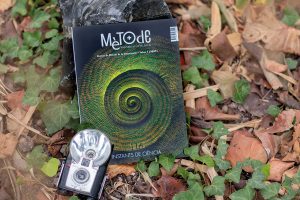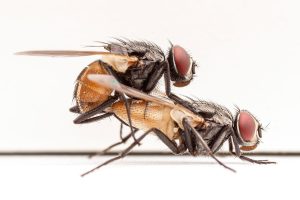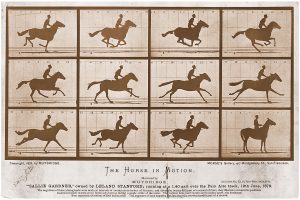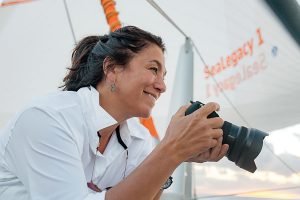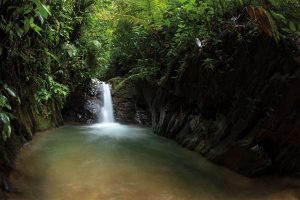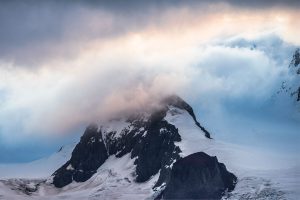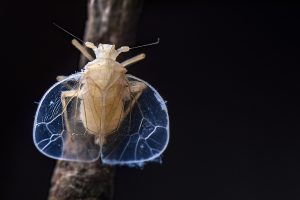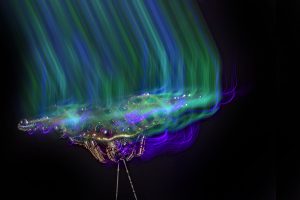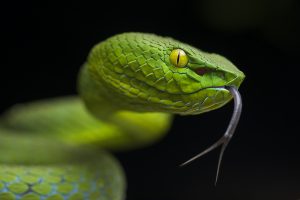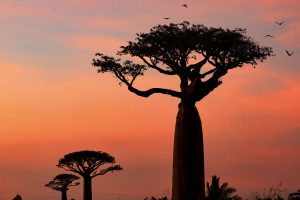Search
Issue 116 of Mètode, the scientific communication journal published by the University of Valencia, is dedicated to photography and the prominent role it has played in understanding and protecting nature.
There is a great diversity of organisms that have adapted to live among us. Not only arthropods, but also vertebrates such as geckos, bats, owls and, in some highly urbanised countries, even foxes, deer, and bears.
Despite being intended mainly for artistic purposes or for personal use (portraits and travel diaries, etc.), photography soon became a valuable ally of science.
Interview with Cristina Mittermeier, conservation biologist and photographer. She shares her projects, which combine both of her professional interests.
Nowadays, the combination of photography and biodiversity is an important tool for scientific projects, especially in the field of conservation.
Photography has positioned itself not only as an effective means of collecting data, but also as a tool for sharing scientific information, both inside and outside the academic world.
The description of the «Valencian wood fairy» or Valenciolenda fadaforesta (Hoch & Sendra), a new species and genus, was recently published.
The number of species catalogued as fluorescent increases each day, and UV lights can help us to find some that are only active during the night, generating a wide range of creative resources to photograph them.
Using an external flash placed above the snake, accompanied by a high shutter speed, allowed me to freeze one of those chemosensory licks that the snake used to try to decipher its surroundings.
Baobabs have to face the loss of habitats due to agriculture, water scarcity, disease, and the disappearance of seed disseminators.
- 1
- 2

